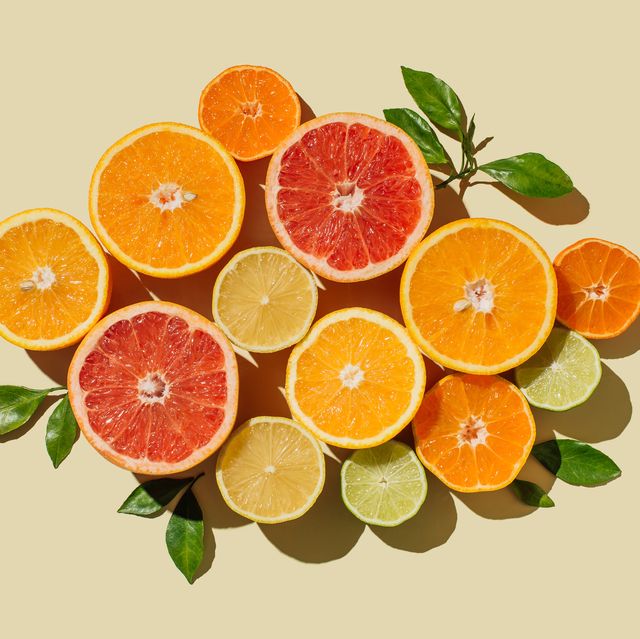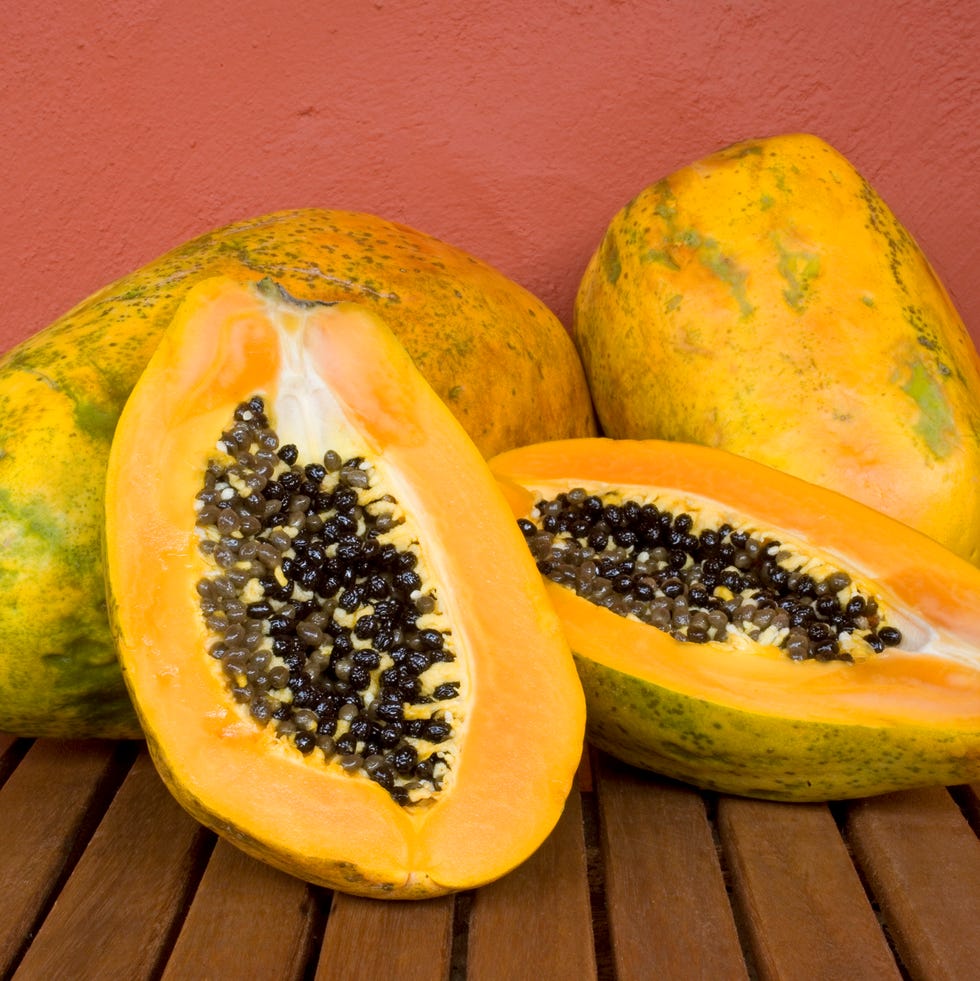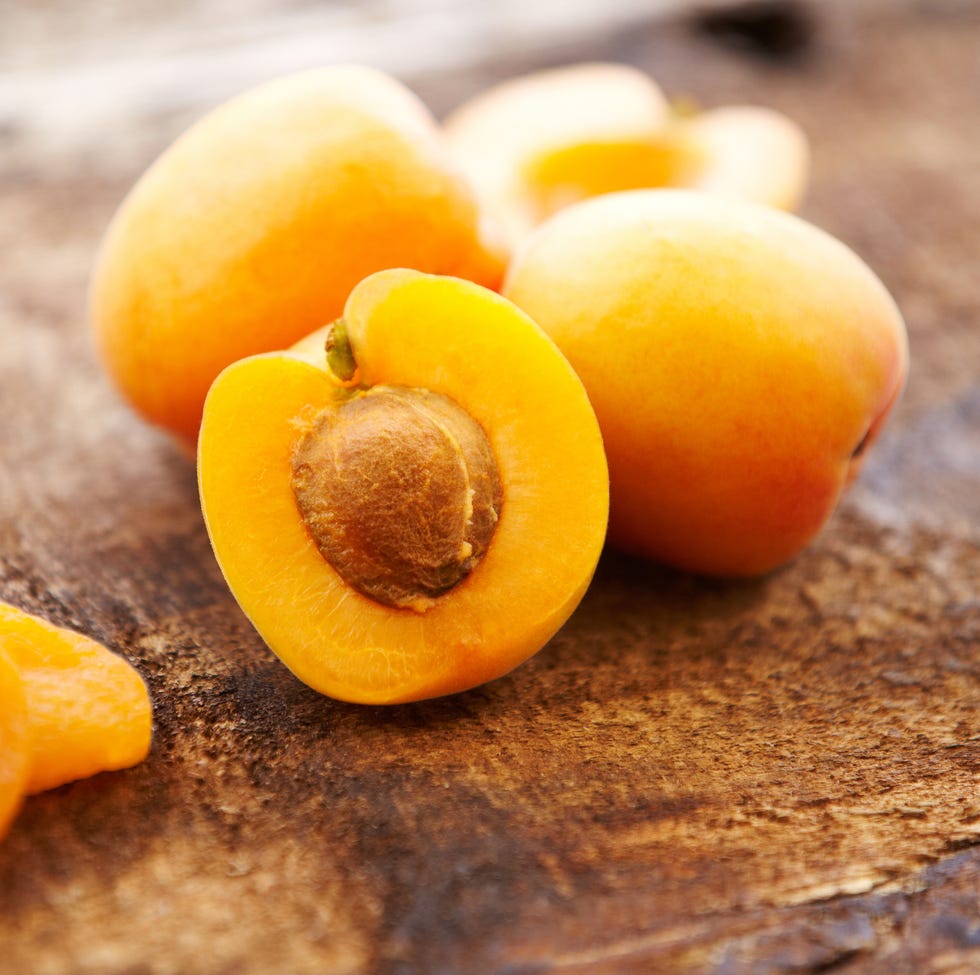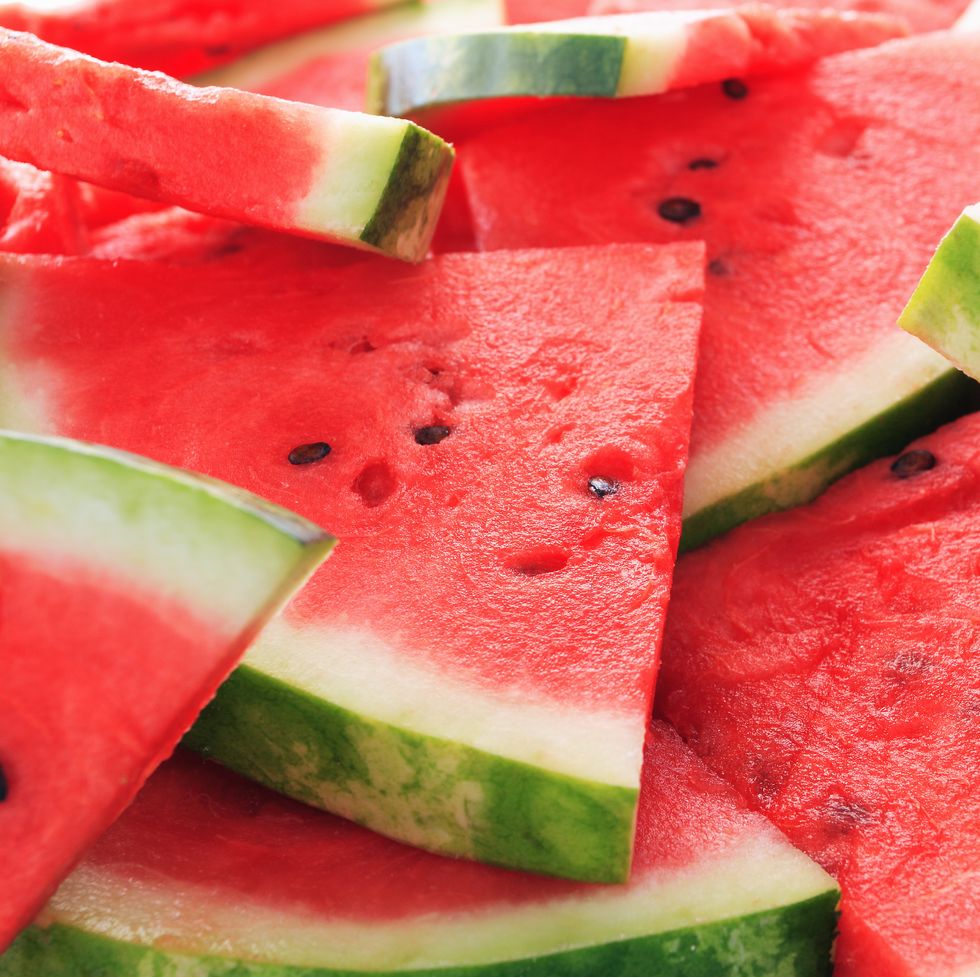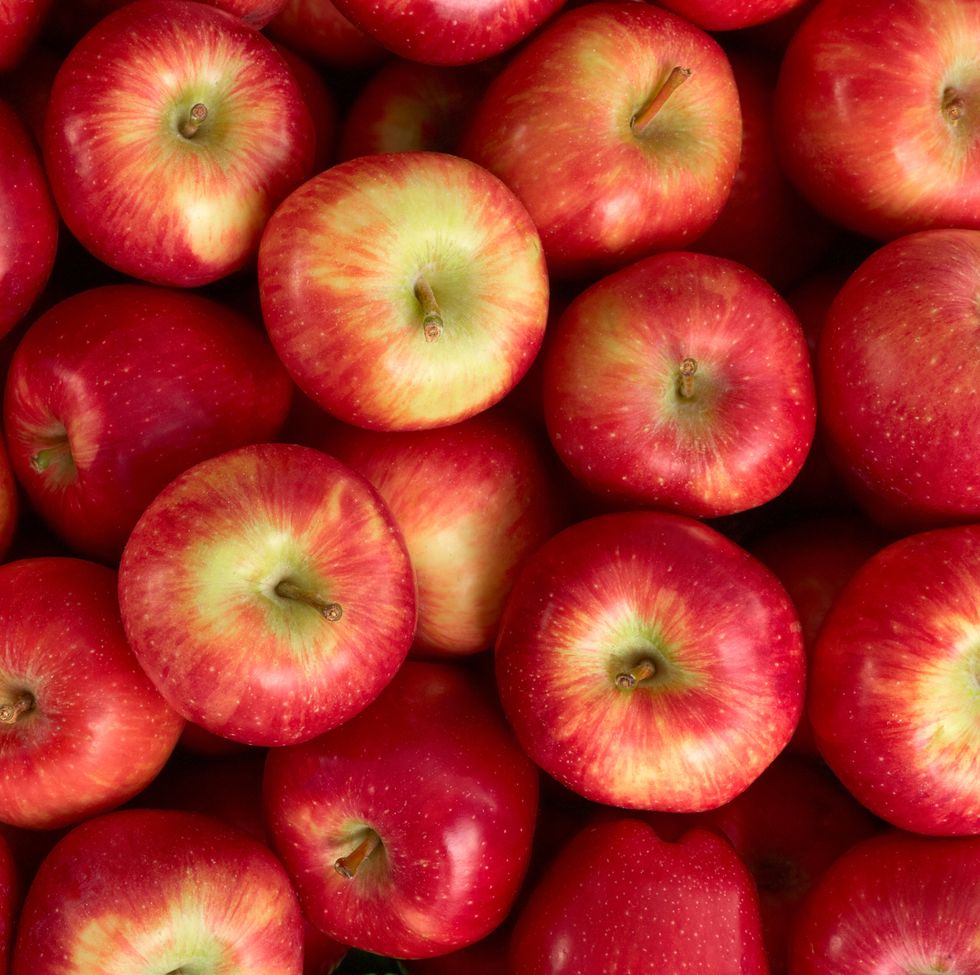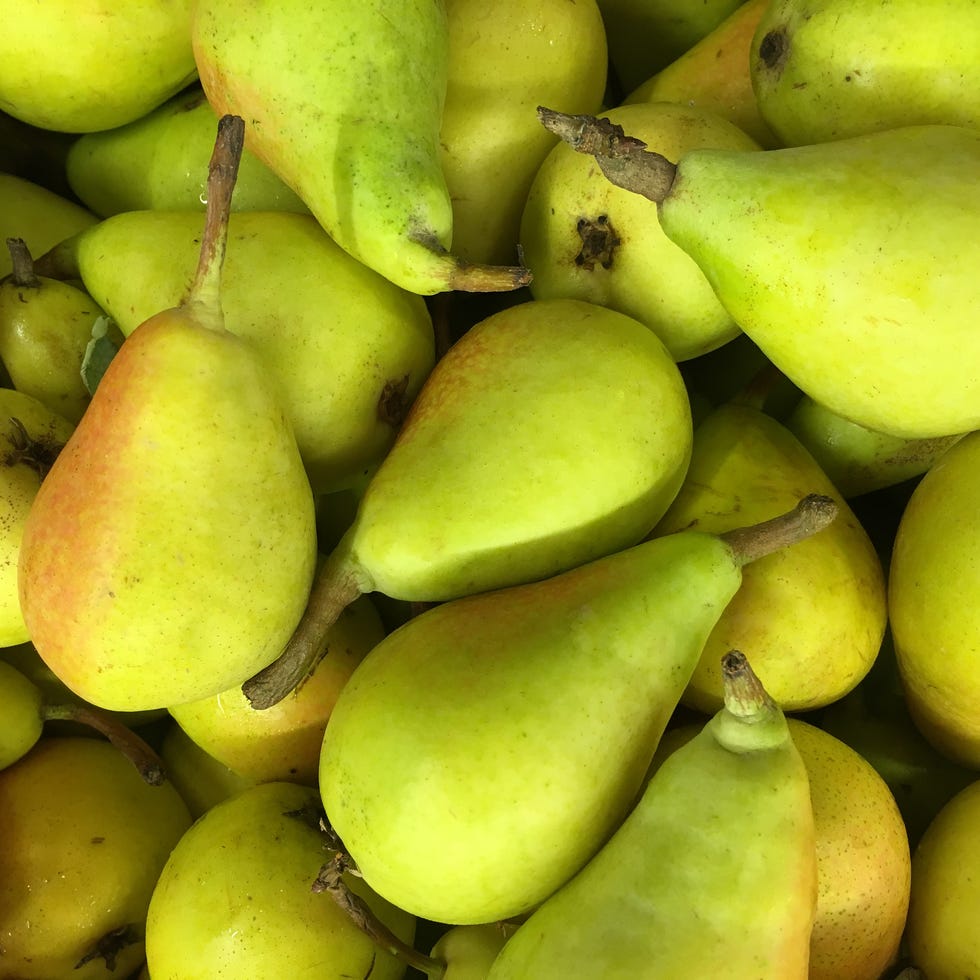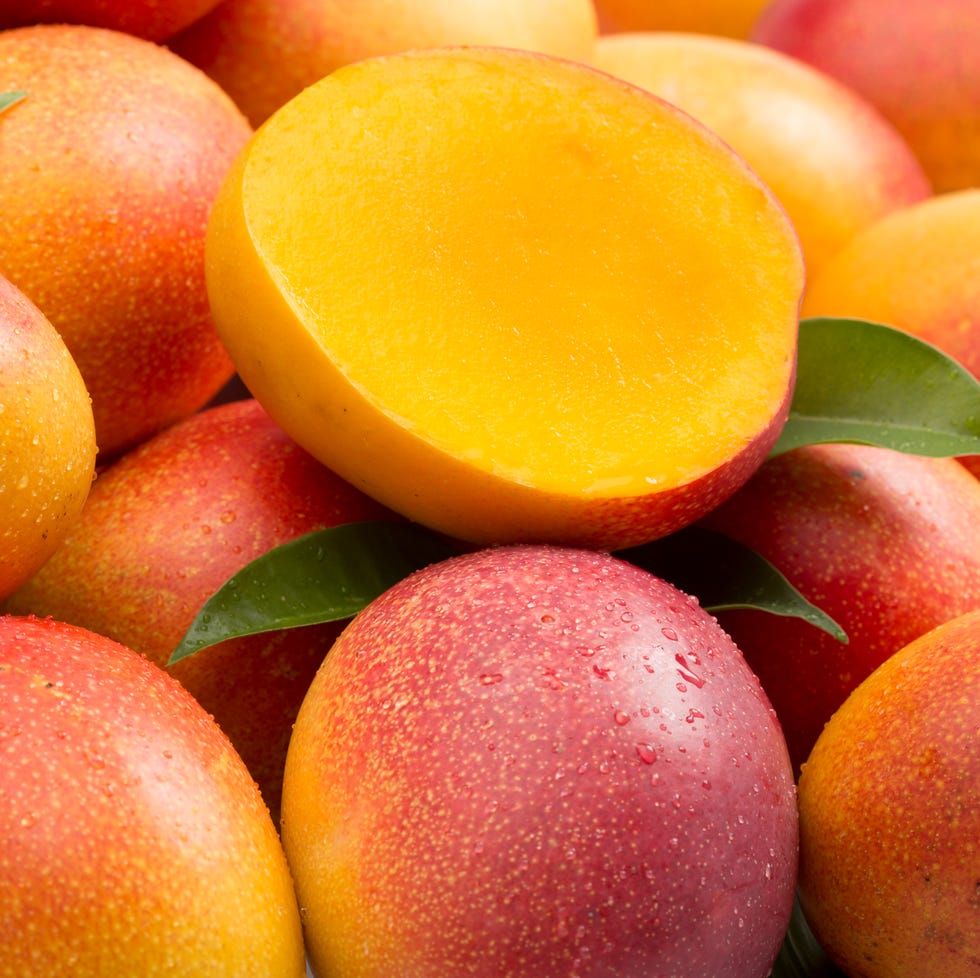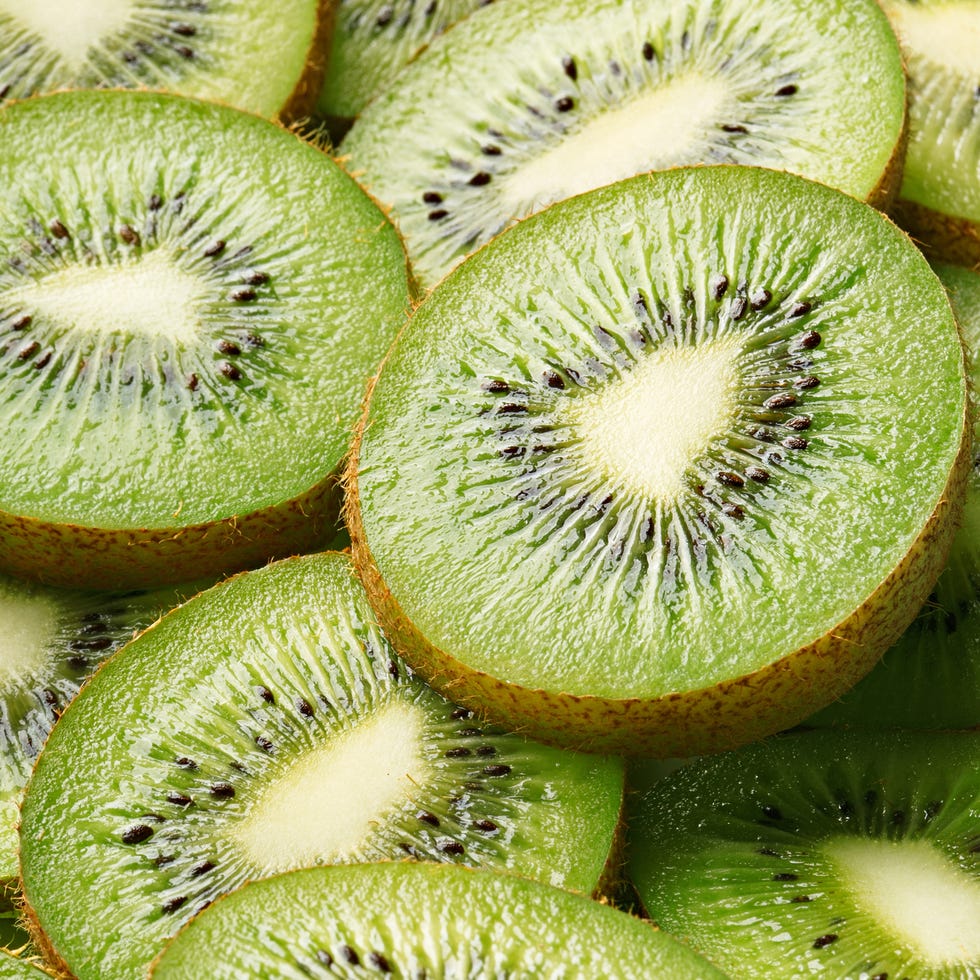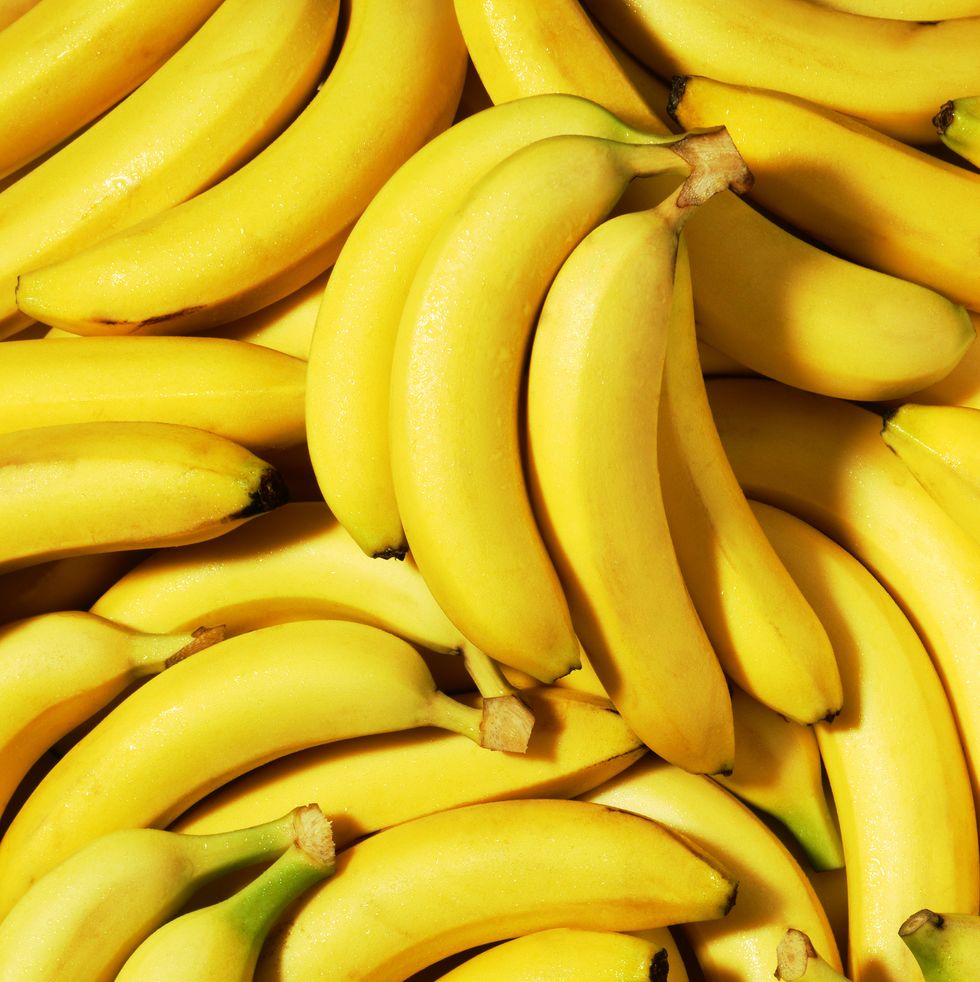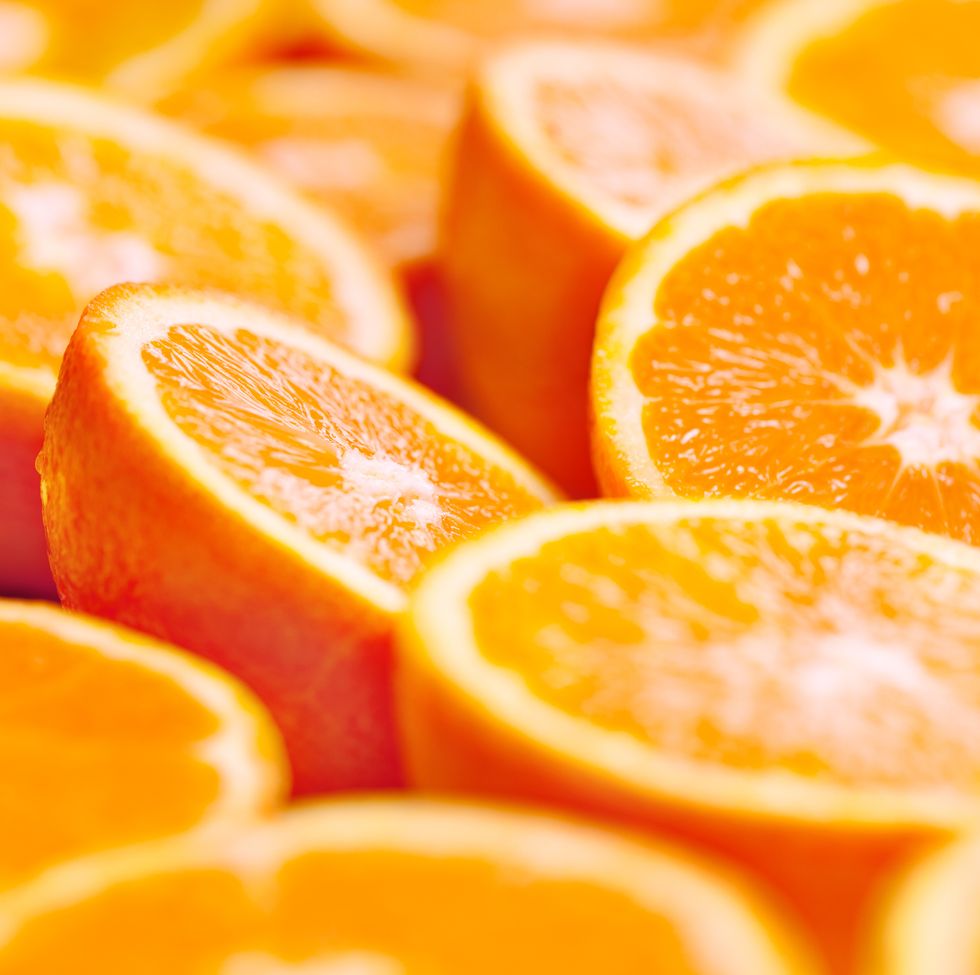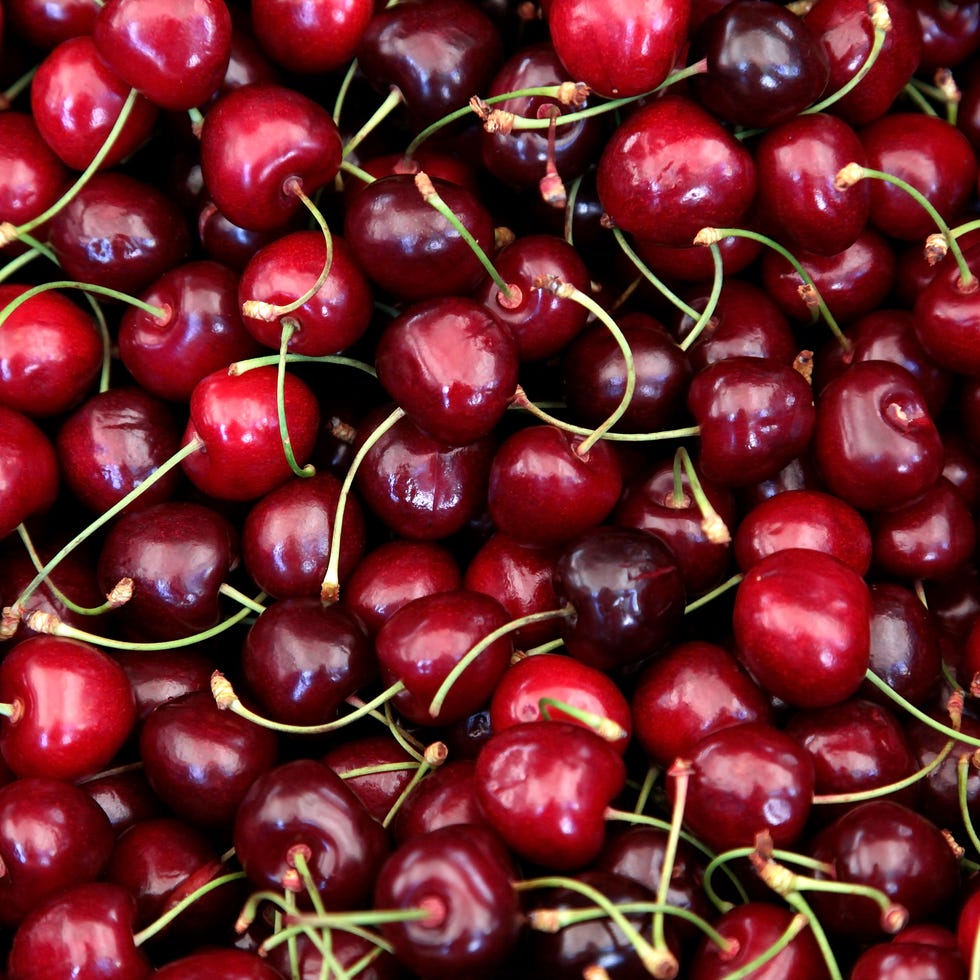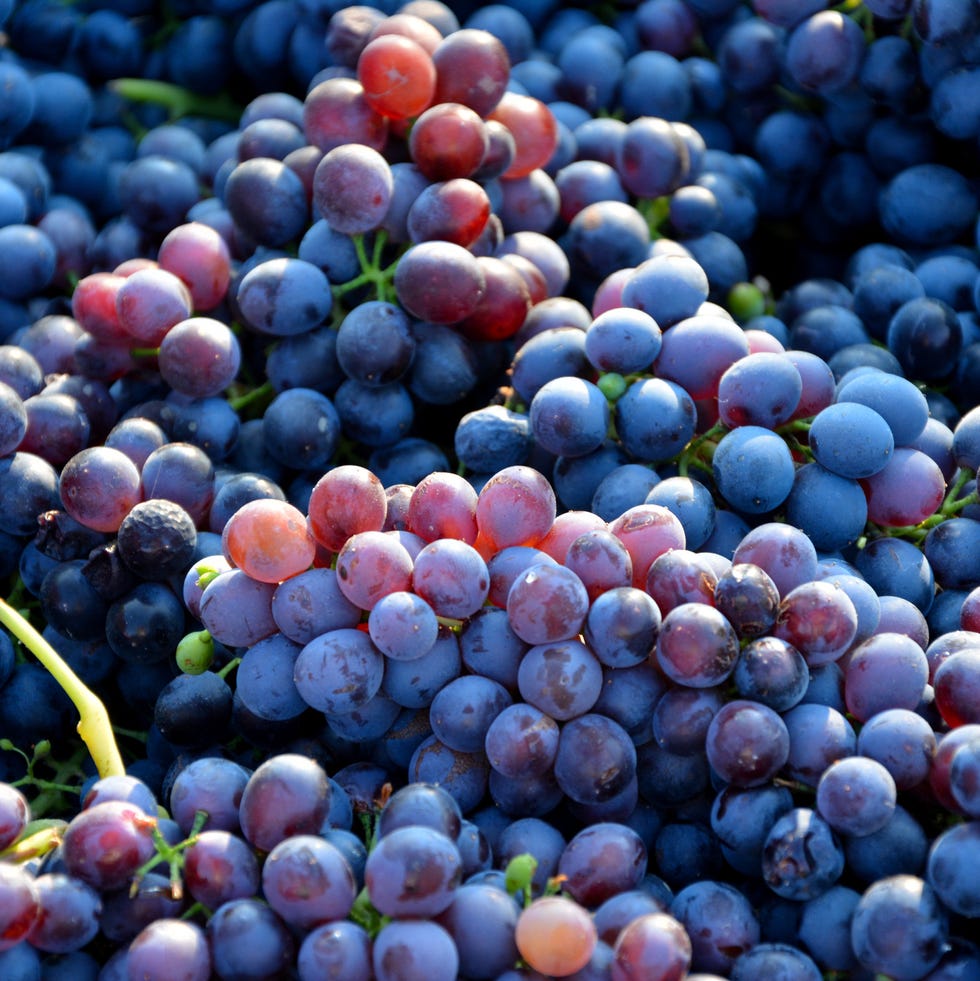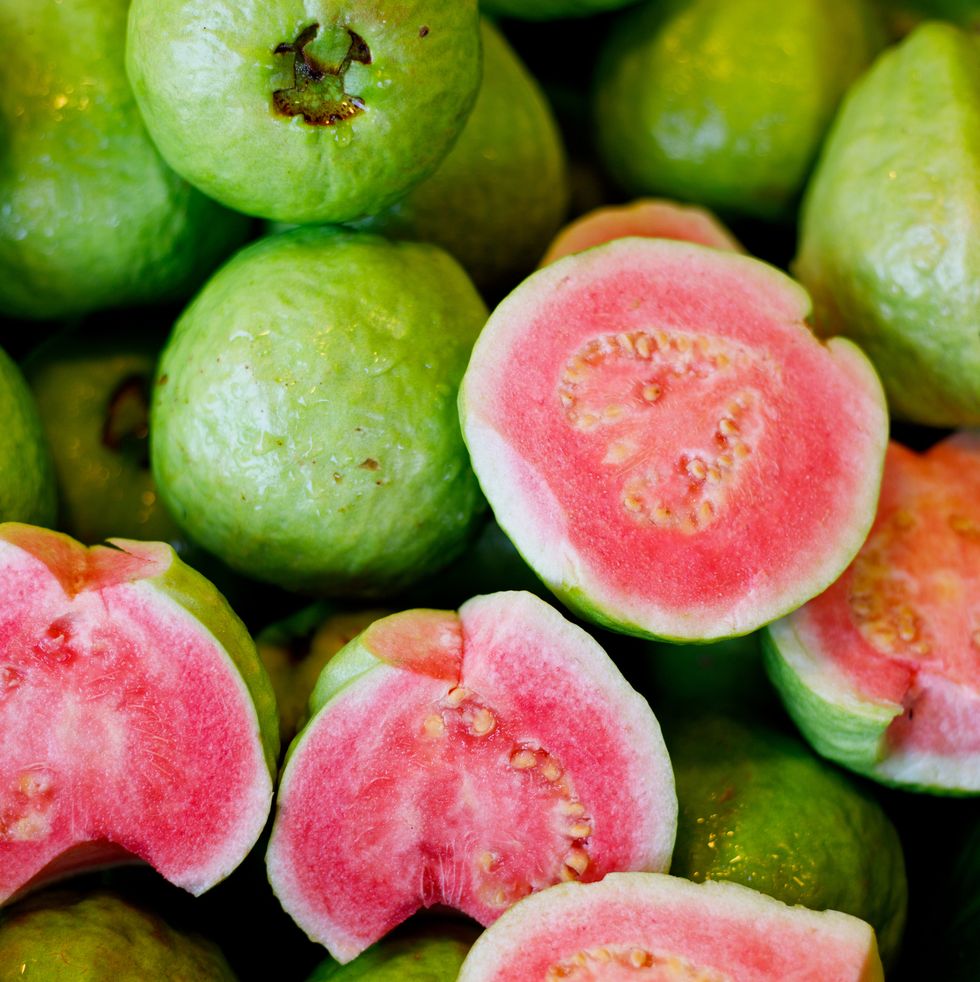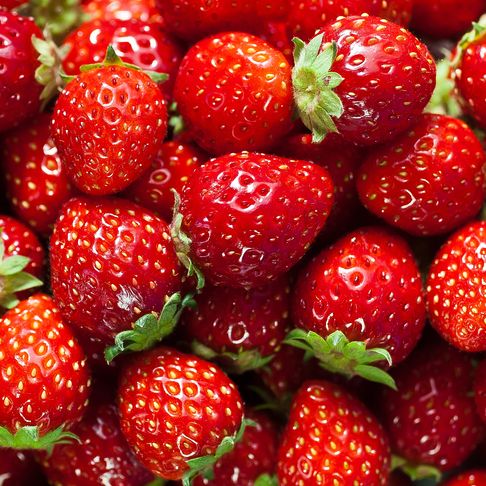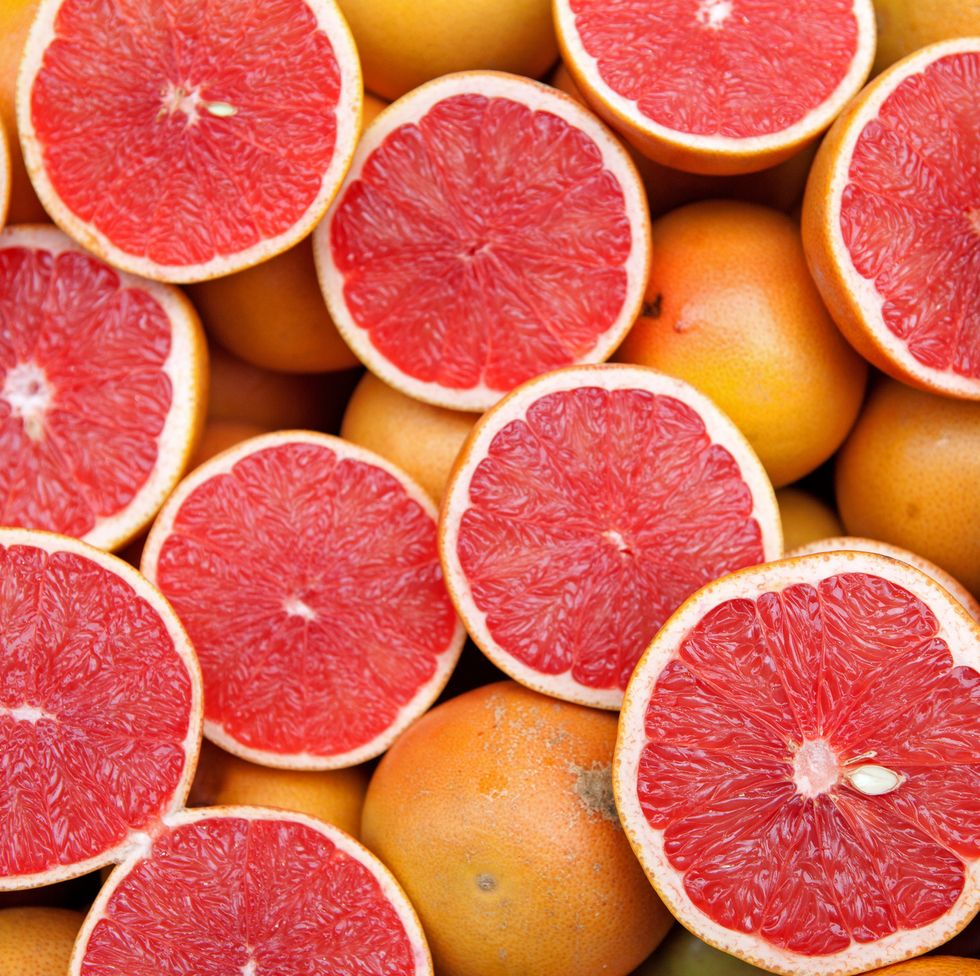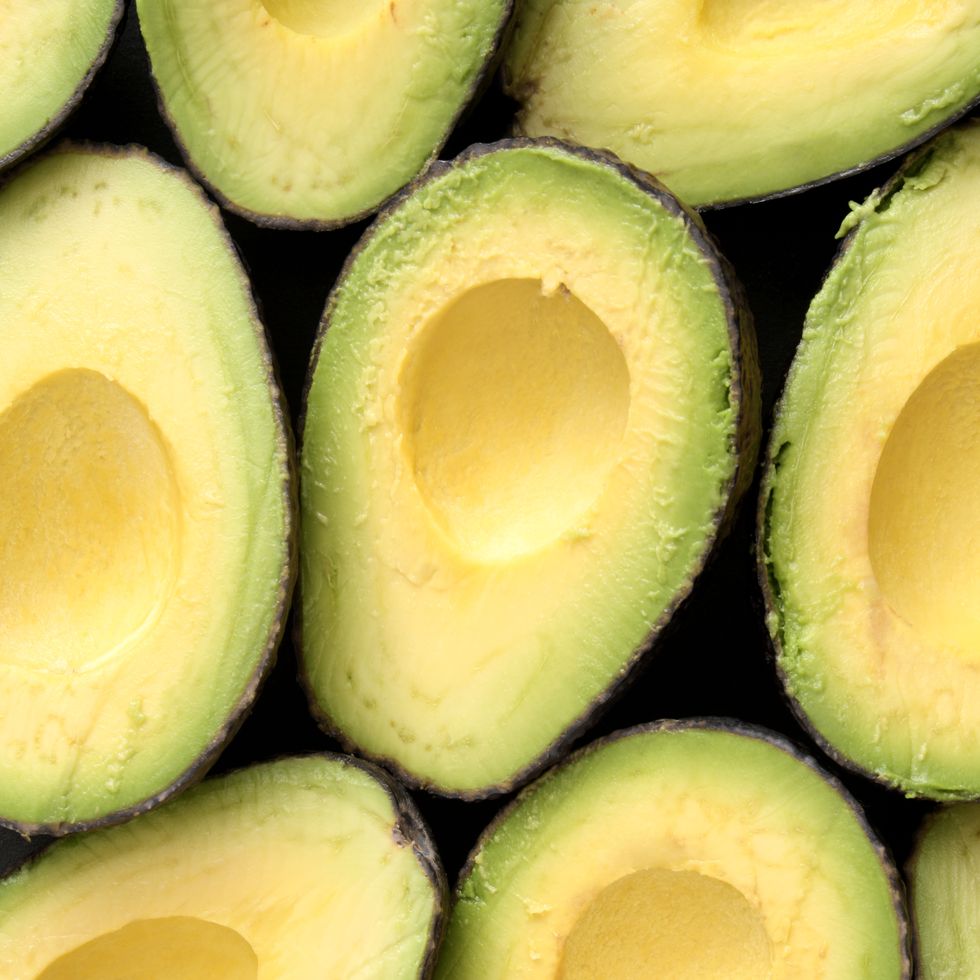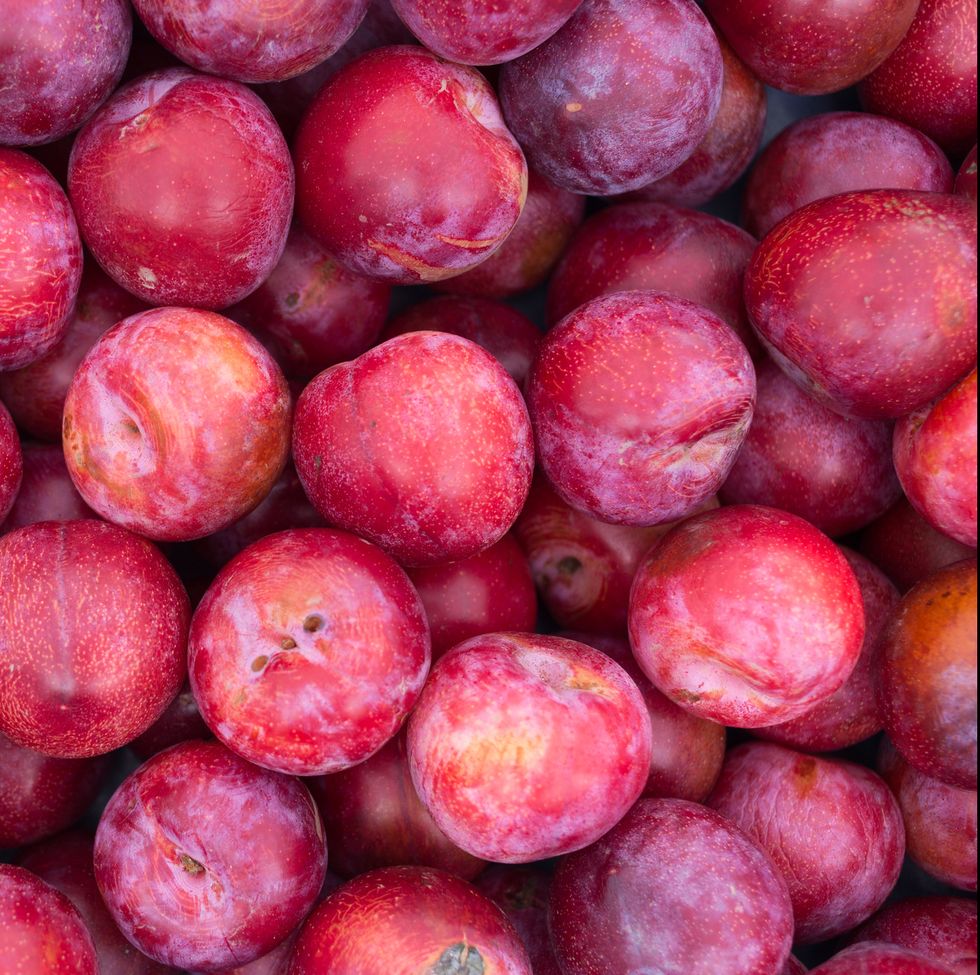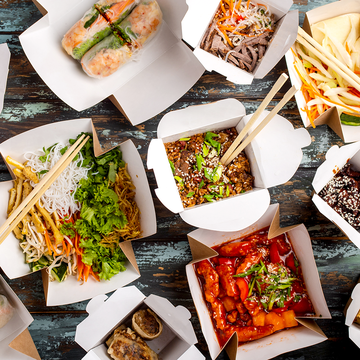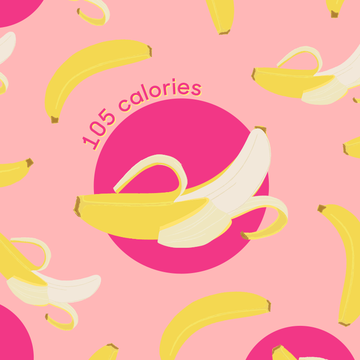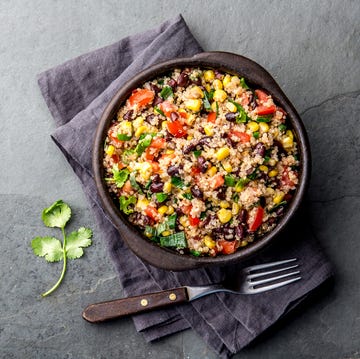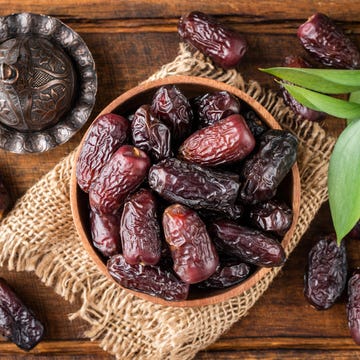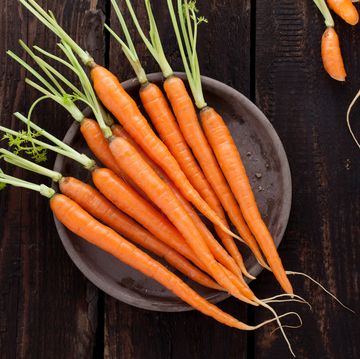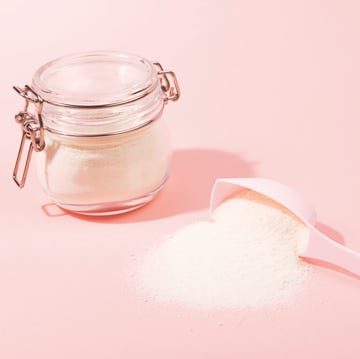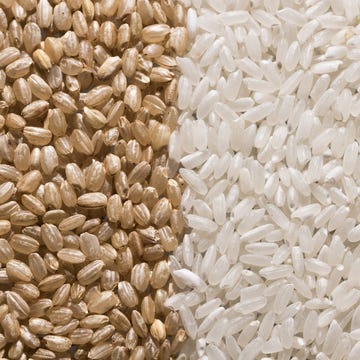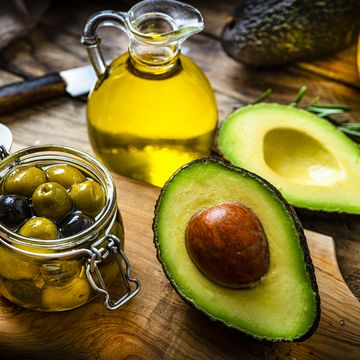21 Healthiest Fruits to Eat, According to Nutritionists
These delicious options are packed with health benefits.
We've been independently researching and testing products for over 120 years. If you buy through our links, we may earn a commission. Learn more about our review process.
Pop quiz: How much fruit are you supposed to eat a day? If you thought, "hmm, probably a cup or two," you are correct! Adults should aim to enjoy between 1.5 and 2 cups of fruit daily, according to the CDC's most recent dietary guidelines for Americans. That's really not all that much, so we know you can do it!
But if you do happen to be someone who isn't in love with fruit, maybe this tidbit will encourage you: Fruits and vegetables are some of the most healthful foods we can fill up on every day, because they're packed with an array of vitamins, minerals and antioxidants that help keep our body running smoothly from head to toe.
"Including more fruit in your everyday meals and snacks is one of my top tips for making more nutritious food choices that will ultimately contribute to good overall health, weight maintenance, and healthy weight loss if you're seeking it," says Jaclyn London, R.D., a nutrition consultant, podcast host and author of Dressing on the Side (and Other Diet Myths Debunked).
Produce picks like fruit play a major role in good mental health, a strong heart and maintaining a healthy weight. Research shows that eating a minimum of four to five servings per day can help boost your mood, and may also reduce your risk for heart disease, obesity and type 2 diabetes. Fruit can also lower your overall mortality risk, according to a recent meta-analysis. Fruit also supports good digestion (thanks to all that fiber), strong immunity, proper hydration (fruit has a high water content plus fluid-regulating electrolytes) and high energy levels.
One easy way to hike your fruit (and veggie!) count is to literally eat the rainbow each day. "You can characterize fruit by pigment —green, yellow, orange, red, purple," says London. "Having a type of fruit that fits each color scheme is a fun and simple way to ensure you're eating a variety. You really can't go wrong with the type of fruit, the key is that more is better — so even if you're already a fruit lover, see what unfamiliar additions you can find!"
See how many of these nutritionist-recommended healthy fruits are already in your repertoire, and get ideas for new ones to try.
Alyssa is a senior editor for the Hearst Health Newsroom, where she has written research-backed health content for Prevention, Good Housekeeping and Woman's Day since 2017. She has more than 13 years of reporting and editing experience and previously worked as research chief at Reader’s Digest, where she was responsible for the website's health vertical as well as editing health content for the print magazine. She has also written for Chowhound, HealthiNation.com, Huffington Post and more.
Stefani (she/her) is a registered dietitian, a NASM-certified personal trainer and the director of the Good Housekeeping Institute Nutrition Lab, where she handles all nutrition-related content, testing and evaluation. She holds a bachelor’s degree in nutritional sciences from Pennsylvania State University and a master’s degree in clinical nutrition from NYU. She is also Good Housekeeping’s on-staff fitness and exercise expert. Stefani is dedicated to providing readers with evidence-based content to encourage informed food choices and healthy living. She is an avid CrossFitter and a passionate home cook who loves spending time with her big fit Greek family.
Watch Next

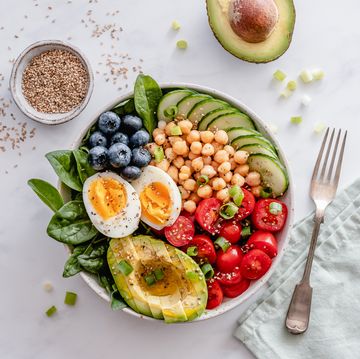
Try These Healthy Foods for Weight Loss
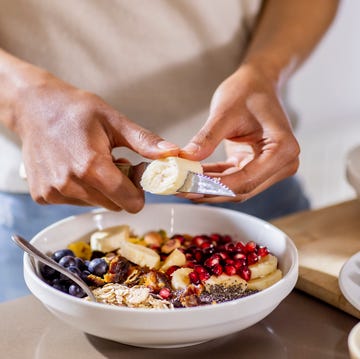
What to Eat for Breakfast to Feel Your Best
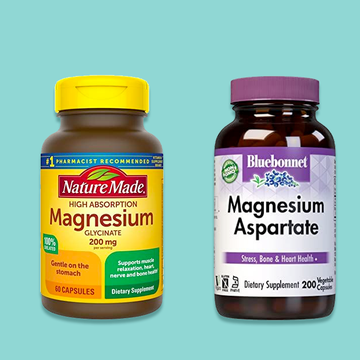
The Best Magnesium Supplements

The Ultimate Cheap Grocery List
